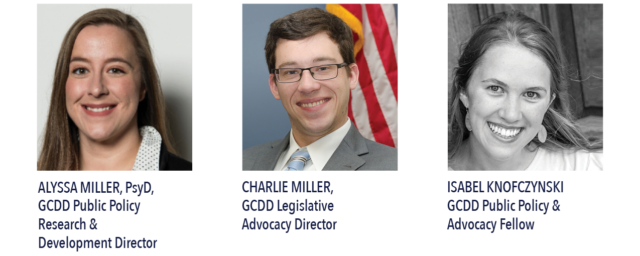Welcome back to another exciting issue of Public Policy for the People! Here at the Georgia Council on Developmental Disabilities (GCDD), we are getting ready for our busiest time of year, Georgia’s legislative session. The legislative session may only be 40 days, but the decisions that are made during this time affect us all.
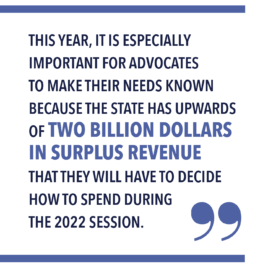
We know that advocating is more powerful when we can come together as a community. We are hopeful that this information will help you feel more informed and motivated to join our efforts this session as we advocate for necessary supports and services for Georgians with intellectual/developmental disabilities (I/DD) and their families!
Session 101
To be effective advocates, it is important for us to understand some basics regarding Georgia’s legislative session. For example, the session typically starts on the second Monday of January (sometimes on a Tuesday if the Monday happens to be Martin Luther King Jr. Day) and lasts 40 days. However, the 40 days are not consecutive (meaning back-to-back), so a week could have five session days, but other weeks might only have three session days, which means the 40 days usually last until late March. Another important fact to know is that Georgia’s legislative session is a biennial session, which means it takes place over two years (or two consecutive sessions).
The 2022 legislative session is the second year of the biennial, so that means that any legislation that was introduced during the 2021 session, and did not become law, will be picked up in the current session. A great example of this would be House Resolution 372, which was introduced last session by Representative El-Mahdi Holly, urging Georgia’s Employment First Council to make recommendations on advancing competitive, integrated employment options for Georgians with I/DD.
Although House Resolution 372 did not pass the House last session, it will be in the same committee it was in last session for us to continue advocating for it. Because the 2022 session is the last year of the biennial, that means any bill that does not pass and become law this year will have to be reintroduced during the 2023 session and start its path to passing from the beginning.
Lastly, the Georgia General Assembly website is a great source of information during session. You can locate legislators’ contact information, look up bills, and find the calendar of any committee meeting you might be interested in.
GCDD’S PUBLIC POLICY TEAM
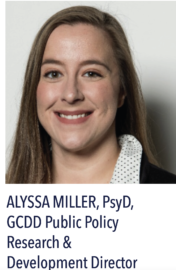
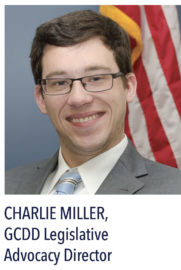
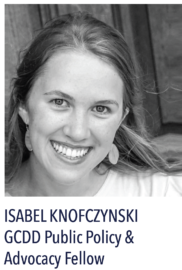
Budget Advocacy
Each year, some of the most important advocacy work is centered around the budget process. It is important for advocates to take part in this process because this is how legislators will determine how all the revenue of the state will be spent, which includes supports and services for people with I/DD and their families.
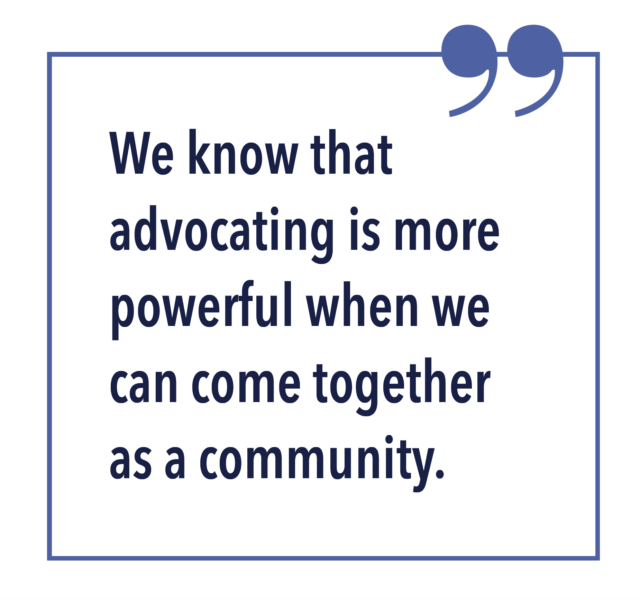 The budget process is an almost year-long process, starting in the summer when the Governor provides guidelines to state agencies on how to compile their budget. This past summer, state agencies were told to put together a flat budget (meaning no extra money based on last year’s budget).
The budget process is an almost year-long process, starting in the summer when the Governor provides guidelines to state agencies on how to compile their budget. This past summer, state agencies were told to put together a flat budget (meaning no extra money based on last year’s budget).
Every September, state agencies submit their budget proposals to the Office of Planning and Budget (OPB), and between September through January, the Governor, with support from OPB, creates his official budget recommendations. The recommendations must be sent to the General Assembly within five days of the session starting. Both House and Senate budget subcommittees review key state agency budgets and adjust. Key state agencies’ budgets that we often advocate around, such as the Department of Behavioral Health and Developmental Disabilities (DBHDD) and Georgia Vocational Rehabilitation Agency (GVRA), are located in the House Human Resources Subcommittee and the Senate Human Development and Public Health Subcommittee.
This year, it is especially important for advocates to make their needs known because the state has upwards of two billion dollars in surplus revenue that they will have to decide how to spend during the 2022 session. During session, GCDD will provide email and social media alerts that include additional information about what community members might want to advocate for regarding the budget process, as well as dates and times of important committee meetings.
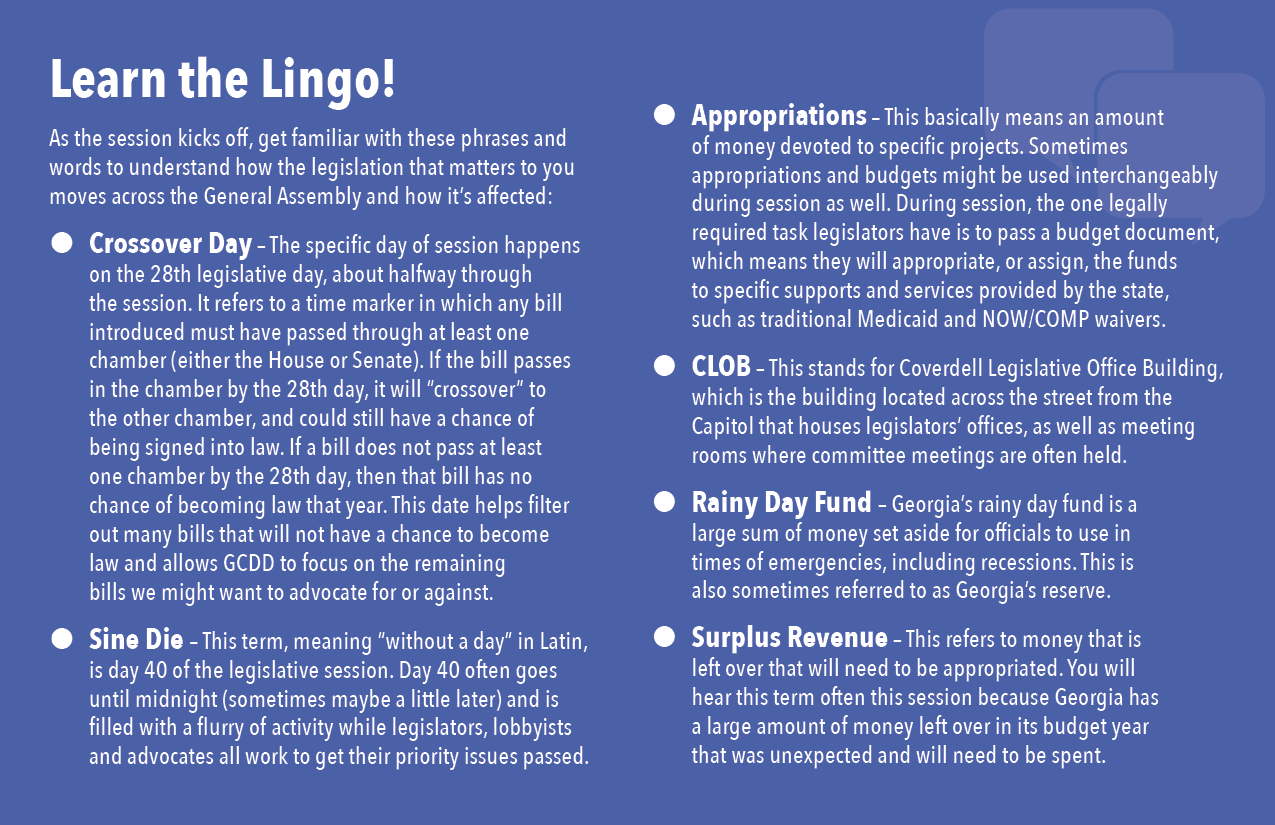

Each year, during the summer, GCDD’s Public Policy Team works to develop its legislative priorities for the upcoming session. This year, the team focused on solidifying its policy vision as well as our specific policy priorities for the 2022 session. Our vision for policy in Georgia continues to be “Disability in ALL policy.” As many of you might remember, GCDD introduced a legislative agenda that focused on “Disability in ALL policy” for the first time during Georgia’s 2020 legislative session.
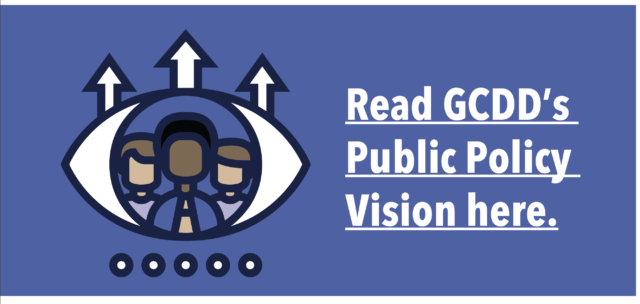 Our idea for this type of policy vision is to ensure that people with I/DD and their families are considered in all areas of legislation. Over the past two sessions, since “Disability in ALL policy” was created, we have worked to include the considerations of people with I/DD and their families in legislation ranging from voting rights to education to elevator maintenance. As a result, the voices of the disability community are being represented in new areas of policy, and our goal is to ensure that the disability community is represented across ALL areas of policy.
Our idea for this type of policy vision is to ensure that people with I/DD and their families are considered in all areas of legislation. Over the past two sessions, since “Disability in ALL policy” was created, we have worked to include the considerations of people with I/DD and their families in legislation ranging from voting rights to education to elevator maintenance. As a result, the voices of the disability community are being represented in new areas of policy, and our goal is to ensure that the disability community is represented across ALL areas of policy.
To be most effective in our advocacy, GCDD will lead on two to three priority areas each session, while also supporting our partner organizations in their efforts. This past summer, the Public Policy Team at GCDD sought public input on these priority areas and asked our partner organizations to submit policy areas in which they would like our support during the session. A survey was created to best reflect the priority areas of our new five-year plan and was disseminated broadly. We heard from over 300 people, and developed GCDD’s 2022 Policy Agenda based on public input, and in support of GCDD’s Five Year Strategic Plan.
The Council’s three policy priorities for 2022 include:
1 Addressing the direct support professional (DSP) workforce shortage and crisis through increased funding for higher DSP wages.
Direct support professionals are integral to ensuring that people with I/DD can lead meaningful lives, fully included in their communities. Unfortunately, DSPs are drastically underpaid for the work that they do, which is one of the main contributors to the workforce shortage and crisis.
These issues have been extensively studied during Georgia’s 2018 House Study Committee on the Workforce Shortage and Crisis in Home and Community Based Settings, as well as in GCDD’s 2019 white paper “The Direct Support Professional Workforce Crisis: Challenges, State Approaches, and Opportunities for Georgia,” written by Dr. Carol Britton Laws. Based on the information already known to us, we believe that the state should invest its resources to increase provider rates with a direct passthrough for an increase in DSP wages.
2 Reducing the waitlist for NOW/COMP Waivers through increased funding.
This year, like last year, the DBHDD has asked for 100 new waiver slots in the upcoming budget. We are glad to see a request for additional slots but remain concerned that these low requests will do little to address the over 7,000 person (and growing) waiting list.
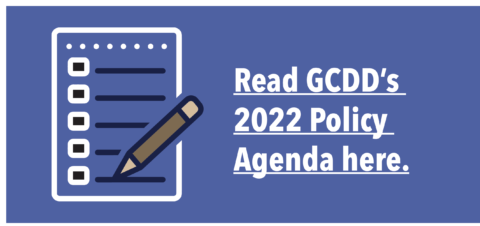 For the past few years, a limited number of slots have been funded, which has resulted in no major changes in our large waitlist. Because of this, people with I/DD and their families continue to wait years for needed services. GCDD was encouraged by the creation of DBHDD’s multi-year plan, finalized in 2018, to address the waitlist, and GCDD would like to advocate to ensure DBHDD is receiving enough funding from the General Assembly to reach their goals and objectives. Based on these goals, GCDD is recommending an additional 1500 waiver slots, which would be an approximate $29.4 million in additional funding.
For the past few years, a limited number of slots have been funded, which has resulted in no major changes in our large waitlist. Because of this, people with I/DD and their families continue to wait years for needed services. GCDD was encouraged by the creation of DBHDD’s multi-year plan, finalized in 2018, to address the waitlist, and GCDD would like to advocate to ensure DBHDD is receiving enough funding from the General Assembly to reach their goals and objectives. Based on these goals, GCDD is recommending an additional 1500 waiver slots, which would be an approximate $29.4 million in additional funding.
You can find DBHDD’s multiyear plan, as well as an appendix document outlining specific target numbers, here.
3 Strengthening Employment First in Georgia.
Georgia’s Employment First Council was created through the passage of House Bill 831, “Georgia’s Employment First Act,” during the 2017 Legislative Session and was signed into law by Governor Nathan Deal on May 8, 2018. The Employment First Council is tasked with the following responsibilities:
- Developing an Employment First training plan for providers.
- Coordinating and conducting educational activities with other agencies to increase awareness of Employment First.
- Evaluating the funding mechanism for inclusive post-secondary education (IPSE) programs in the state; and
- Reviewing and making recommendations in a biannual report to the Governor and the General Assembly.
Although there was initial momentum when the Council was first created, there have not been meetings or recommendations produced from the Council for quite some time.
Our goal this session is to work with partners to strengthen the Employment First Council by encouraging them to restart meetings, produce their biannual reports, and work to develop a strong strategic plan for the future of the Employment First Council. We were greatly encouraged by its development and do believe that the Council has an important role to play in advancing competitive, integrated employment options for Georgians with I/DD.
In addition to our three legislative priorities, GCDD will continue to support and advocate for Georgia’s inclusive postsecondary education (IPSE) programs. GCDD currently receives state funding to support the eight programs across the state, and we are committed to sustaining and growing those programs. Based on public input, we will also be supporting the work led by Gwinnett SToPP to disrupt the school to prison pipeline.


1. Identify your state legislators, including your state senator and state house representative, by visiting openstates.org and typing in your home address.

2. Once you have identified your legislators, reach out to them, either by phone or email, to let them know that you are their constituent, and you are most interested in how they can support Georgians with I/DD and their families. You can find their contact information at openstates.org as well.

3. Sign up for GCDD’s email list so that you can stay up to date on all the happenings during the 2022 session. You can sign up here.

4. Register and join us for our three virtual advocacy days where we will be focusing on the three policy priorities mentioned above. You can find out more information and register here
![]() 5. Lastly, make sure to tune in to our Public Policy for the People calls, hosted each Friday at noon by our Legislative Advocacy Director, Charlie Miller. You can register for the calls here.
5. Lastly, make sure to tune in to our Public Policy for the People calls, hosted each Friday at noon by our Legislative Advocacy Director, Charlie Miller. You can register for the calls here.
Join GCDD’s Advocacy Network Today!
GCDD’S PUBLIC POLICY TEAM
